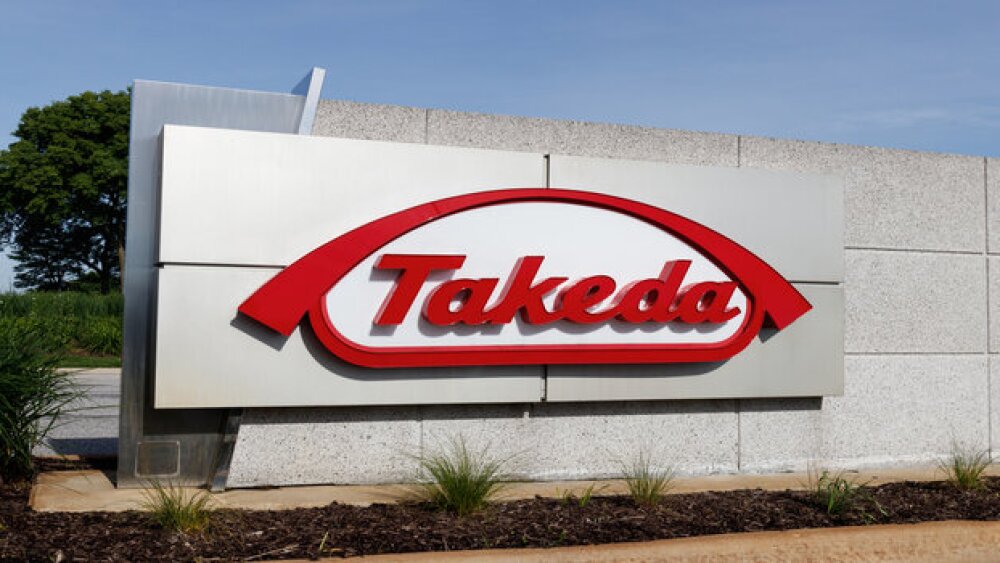New York-based Ovid Therapeutics and Healx have entered a strategic partnership to investigate the compound gaboxadol to treat Fragile X Syndrome (FXS).
New York-based Ovid Therapeutics and Healx have entered a strategic partnership to investigate the compound gaboxadol to treat Fragile X Syndrome (FXS).
Healx, a U.K.-based company, has secured from Ovid an exclusive option to license rights to develop and commercialize gaboxadol. Ovid will receive milestone payments for specific clinical, regulatory, and commercial achievements associated with the drug’s development in addition to tiered royalties for marketed therapies containing gaboxadol.
Fragile X Syndrome is a genetic condition in which the FMR1 gene, located on the long arm of the X chromosome, is affected. The FMR1 gene is responsible for making a protein called FMRP, which is crucial for brain development. In people with FXS, the FMR1 gene does not produce FMRP, leading to intellectual disability, behavioral and learning challenges, and changes to physical features, such as enlarged ears and hyper-flexible joints.
The condition affects approximately 1 in 4,000 males and 1 in 6,000 females, with males suffering more severe symptoms. There is currently no cure for the disease. The National Fragile X Foundation states that education, support and interventional therapies can help people with FXS progress and become independent in adulthood.
Healx plans to change the treatment landscape for people with FXS by combining gaboxadol and compound HLX-0201. In October 2021, the company received Investigational New Drug approval from the U.S. Food and Drug Administration for the Phase IIa clinical study of HLX-0201. The non-steroidal anti-inflammatory therapeutic was validated in pre-clinical models of FXS where it was found to modify several behaviors associated with the syndrome.
By combining HLX-0201 and gaboxadol, a GABA receptor agonist, the companies hope to provide a combination therapy to alleviate some of the symptoms caused by the syndrome. In a recent 12-week randomized, double-blind, parallel-group Phase IIa study, gaboxadol reached its primary outcome in proving the efficacy of the drug in modifying core behavioral symptoms in patients.
“Gaboxadol shows encouraging activity and a good safety profile in a range of conditions. We are keen to see its clinical value unlocked,” said Dr. Jeremy Levin, chairman and chief executive officer of Ovid Therapeutics, in a press release. “We’re impressed by the capabilities that Healx has developed and are optimistic that they can unlock effective drug combinations that will take advantage of the unique mechanism that underlies the effects we see when patients take gaboxadol.”
Although some parents of FXS patients and the patients themselves may be eager to treat behavioral symptoms, the National Fragile X Foundation focuses more on advocacy and ensuring people with FXS have equitable opportunities rather than curing the disease. In a study of attitudes toward population screening among people living with FXS in the U.K., there were mixed responses to how treatment options should be approached. Some participants viewed FXS as part of a patient’s personality and life. Treatment of this genetic condition may be quite nuanced.





